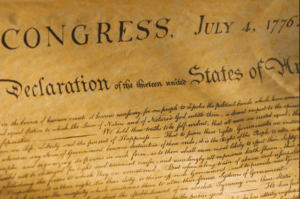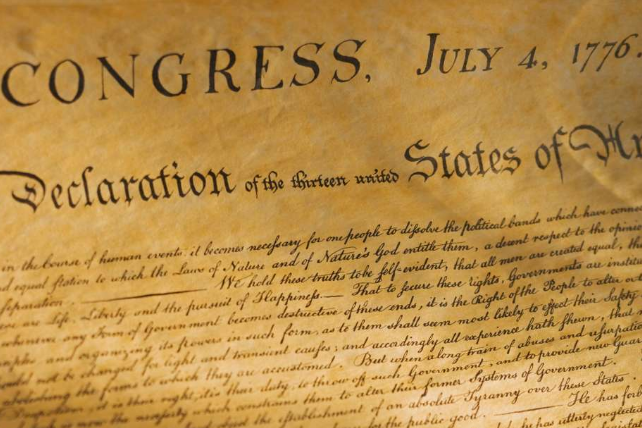 I’ve created for you a little “Declaration of Fundraising Independence” to help you become a fruitful philanthropy facilitator from this day forward.
I’ve created for you a little “Declaration of Fundraising Independence” to help you become a fruitful philanthropy facilitator from this day forward.
This Declaration incorporates what I consider to be essential fundraising truths — four pre-conditions which must be met before you’ll be able to successfully exercise your fundraising strategies. Within these four pre-conditions are additional hidden truths (don’t worry; I’ll call them out for you).
We hold these truths to be self-evident, that not all charities are created equal, that they are endowed by their constituencies with certain unalienable visions, missions and values, that among these are visions, missions and values that some, but not all, members of the public share. That to secure these visions, missions and values, charities are instituted among the public, deriving their just powers from the support of the public. That whenever any form of charity becomes destructive of these ends, it is the right of the people to fail to support it, and to instead support those institutions as to them shall seem most likely to effect the safety, happiness, goodwill and public benefit of the populace.
Fundraising is not an end in itself. It serves noble ends.
(1) When those ends are ones valued by the people, and
(2) When folks trust you’re doing an effective job meeting needs they believe must be met, then
(3) You earn the privilege of fundraising and, in fact,
(4) You assume the responsibility to fundraise to assure those who rely on you to meet these needs are not left high and dry.
So… this is where you get your Declaration of Fundraising Independence. You are ‘free to fundraise’ once you’re able to make a case to enough people that you deserve to exist. For this to be the case:
Details
 What’s in a name?
What’s in a name?



 I’ve created for you a little “Declaration of Fundraising Independence” to help you become a fruitful philanthropy facilitator from this day forward.
I’ve created for you a little “Declaration of Fundraising Independence” to help you become a fruitful philanthropy facilitator from this day forward.